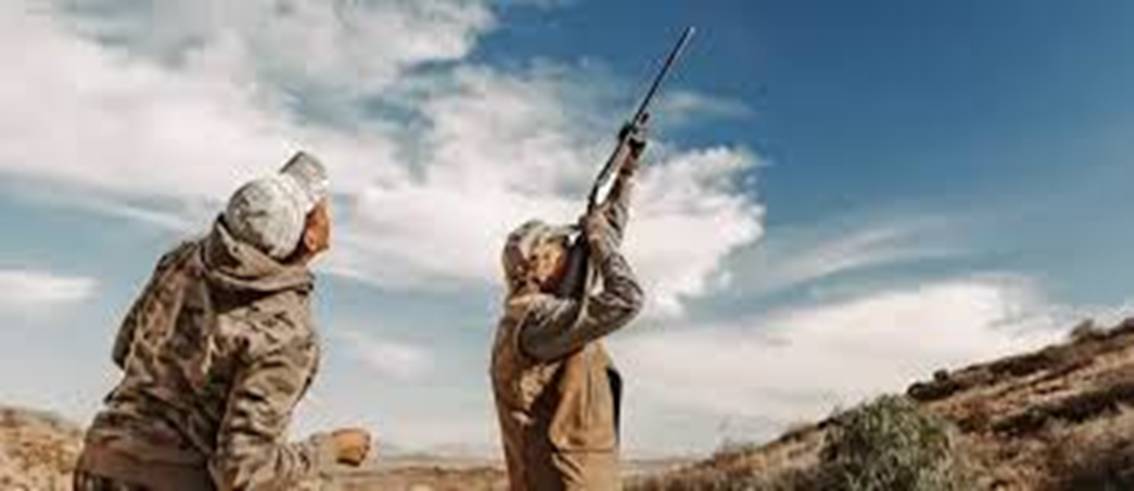First Day of Hunting in Cyprus: Hunters Disappointed Over a Lack of Game
Hunters in Cyprus eagerly anticipated the season's opening day, which fell on a Sunday this year, only to leave empty-handed and frustrated. Many spent hours tracking game in some of the island’s most popular hunting grounds, yet they found fewer huntable animals than expected. Conversations among hunters suggest they had anticipated a bounty but were left with scant results. Now, with fingers pointing at several potential causes, hunters are sounding an alarm about the declining populations of huntable species on the island.
Hunters Express Frustration Over the Decline in Game
A common sight on Cyprus’ hunting grounds this year, included groups of hunters shaking their heads and voicing frustration as they navigated familiar terrain. Typically, hunters expect this early November weekend to yield significant catches, but this season felt different. Many reported seeing only sparse traces of the small mammals and birds they had previously relied upon.
One hunter, Michalis Georgiou, who has over two decades of experience, expressed his dismay: “I remember when the fields were full of life. You’d barely go five minutes without seeing or hearing something. This year, the land felt quiet, almost abandoned.” Georgiou and others like him rely on hunting not only as a pastime but as a source of meat and pride in sustainable hunting practices.
Conservationists and Environmentalists Weigh In
While many hunters lamented their unsuccessful outings, environmentalists have pointed to several factors that could explain the shortage of animals in Cyprus’ hunting grounds. They note that dwindling habitats, agricultural expansion, and climate change, all play a role in altering local wildlife patterns. Conservationist Eleni Charalambous emphasizes that recent years have seen significant land-use changes that disrupt animal habitats. “We can’t continue encroaching upon nature and expect wildlife to remain unaffected,” she stated. “Hunters are noticing the effects of these changes, which also highlight the importance of sustainable hunting practices that prioritize long-term population health.”
These concerns appear justified, as land-use changes often fragment ecosystems, reducing the availability of suitable habitats for various species. Increased agricultural activities have led to a reduction in the spaces available for certain species to roam freely. Additionally, Cyprus has faced shifts in weather patterns, with longer dry spells that can impact both flora and fauna, making it harder for animals to survive in sufficient numbers.
Hunters Place Blame on Poaching and Overhunting
Some hunters believe that illegal poaching and overhunting over the years have severely impacted game populations. While Cyprus has strict laws regulating hunting seasons and enforcing quotas, reports suggest that some individuals ignore these rules. For some hunters, poachers represent a significant threat to their tradition and source of food. “We’re trying to follow the rules, but then you have
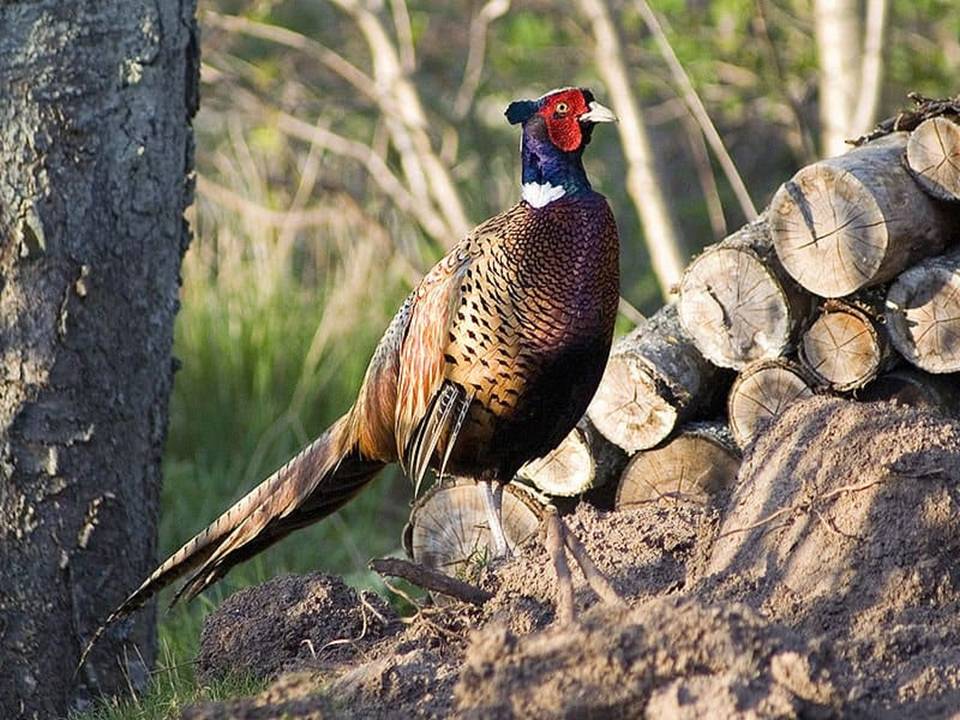
these people coming in out of season and taking animals. It affects everyone,” said Andreas Yiannou, another veteran hunter.
Poachers often disregard seasonal restrictions, targeting animals during breeding periods, which can disrupt population growth. By catching these animals out of season, poachers prevent wildlife from replenishing, directly impacting lawful hunters and natural ecosystems alike.
Cyprus Game and Fauna Service’s Response
In response to the hunters’ complaints, Cyprus' Game and Fauna Service has recognized the concerns and promised further studies to understand population trends among game species. According to officials, the service will analyse hunting records, environmental conditions, and habitat changes over the past decade to uncover trends affecting wildlife populations.
Cyprus Game and Fauna Service’s Response
In response to the hunters’ complaints, Cyprus' Game and Fauna Service has recognized the concerns and promised further studies to understand population trends among game species. According to officials, the service will analyse hunting records, environmental conditions, and habitat changes over the past decade to uncover trends affecting wildlife populations.
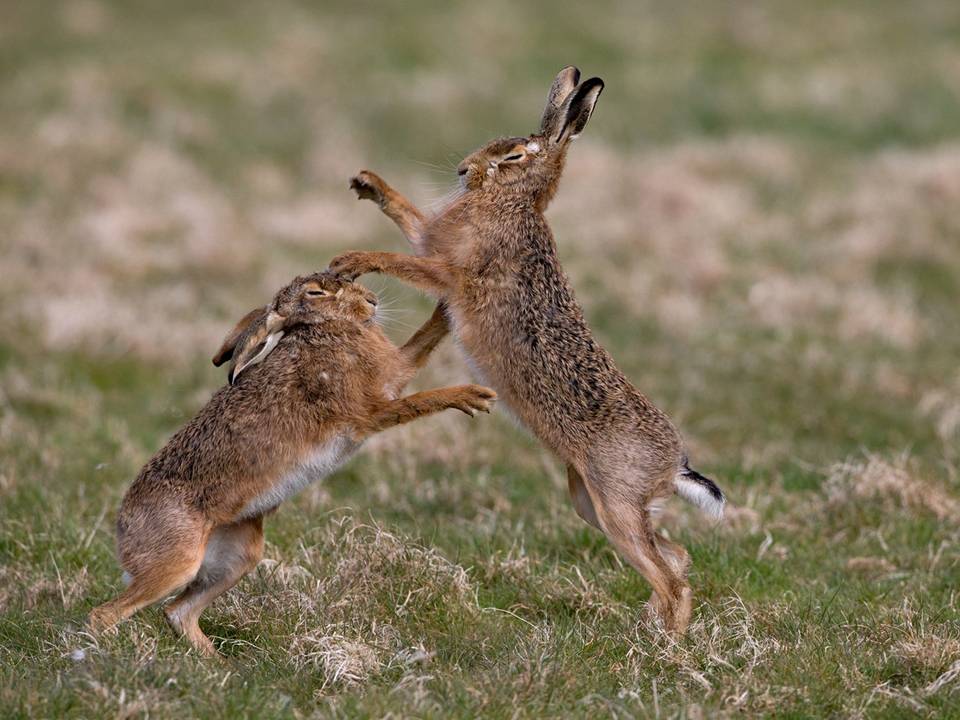
The Game and Fauna Service has already increased surveillance and enforcement measures to deter poaching and ensure adherence to hunting regulations. Recently, they deployed additional personnel in popular hunting regions and implemented a reporting system that allows lawful hunters to report illegal activities. However, this response may not offer immediate relief to hunters frustrated with the current state of wildlife populations. Many hunters argue that these measures should have come sooner.
“We appreciate what they’re doing, but I think it’s too little, too late,” commented Christos Papadopoulos, a hunter from Paphos. “The damage has already been done over years of neglect.”
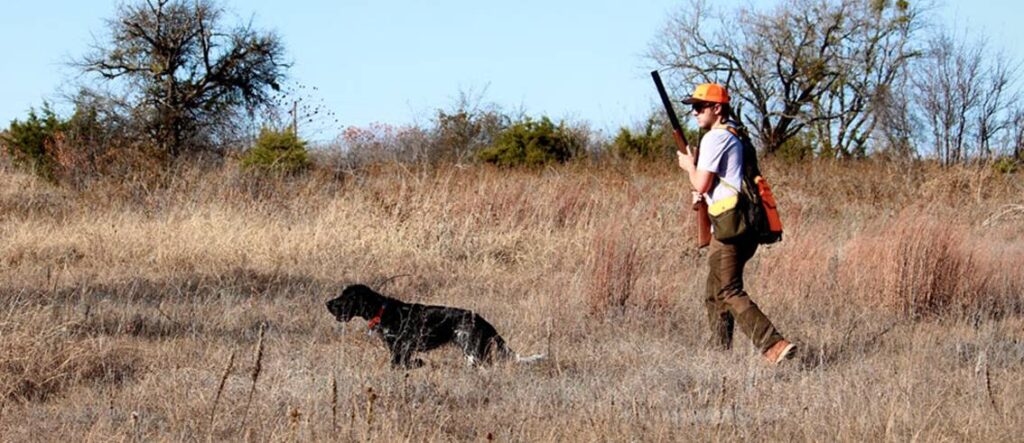
Sustainable Solutions and Future Actions
For Cyprus, balancing sustainable hunting practices with wildlife conservation has become crucial. The declining numbers of huntable species call for immediate action, not just from hunters and wildlife officials, but from the general public as well. Education plays a significant role in this equation. Public awareness campaigns could inform citizens about the importance of responsible land use, conservation efforts, and the impact of climate change on local wildlife.
Several environmental organizations advocate for a shift toward preserving specific hunting areas as protected habitats where hunting would not be permitted. These zones would allow populations of game species to rebuild over time. By designating specific areas as “no-hunting zones,” Cyprus could promote wildlife recovery without completely banning hunting activities.
Meanwhile, some hunters believe that limiting hunting permits could help regulate game populations more effectively. Though controversial,
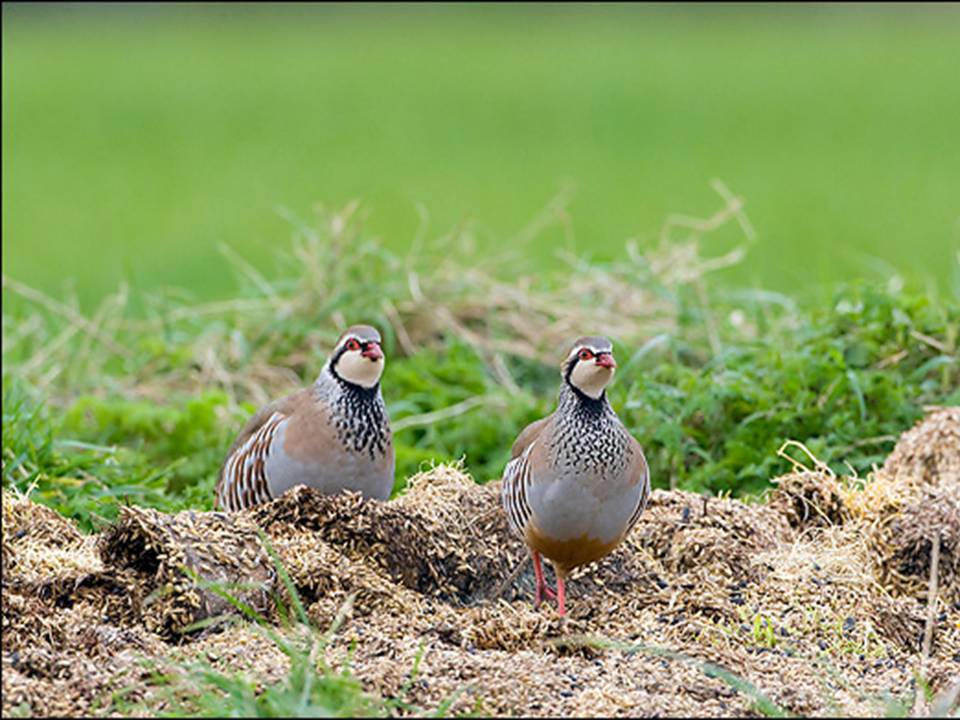
restricting permits based on regional animal population studies may offer a long-term solution to maintaining Cyprus’ hunting traditions without exhausting animal populations.
A Changing Landscape for Cyprus’ Hunters
The first Sunday of hunting season in Cyprus highlighted the challenges facing hunters in a landscape where wildlife populations continue to decline. While hunters like Michalis Georgiou and Andreas Yiannou hope for a return to their cherished tradition of plentiful game, the realities of habitat loss, illegal poaching, and environmental change paint a difficult picture for the future.
To protect the island’s hunting heritage, all parties must participate in finding sustainable solutions. Hunters, conservationists, and government officials can work together to establish fair regulations, designated wildlife reserves, and a cultural shift toward environmental stewardship. For many hunters in Cyprus, this season’s disappointing start reflects the need for a new approach. Through collaboration and a shared commitment to conservation, Cyprus can strive to preserve its natural beauty and ensure future generations can experience the thrill of the hunt responsibly and ethically.

